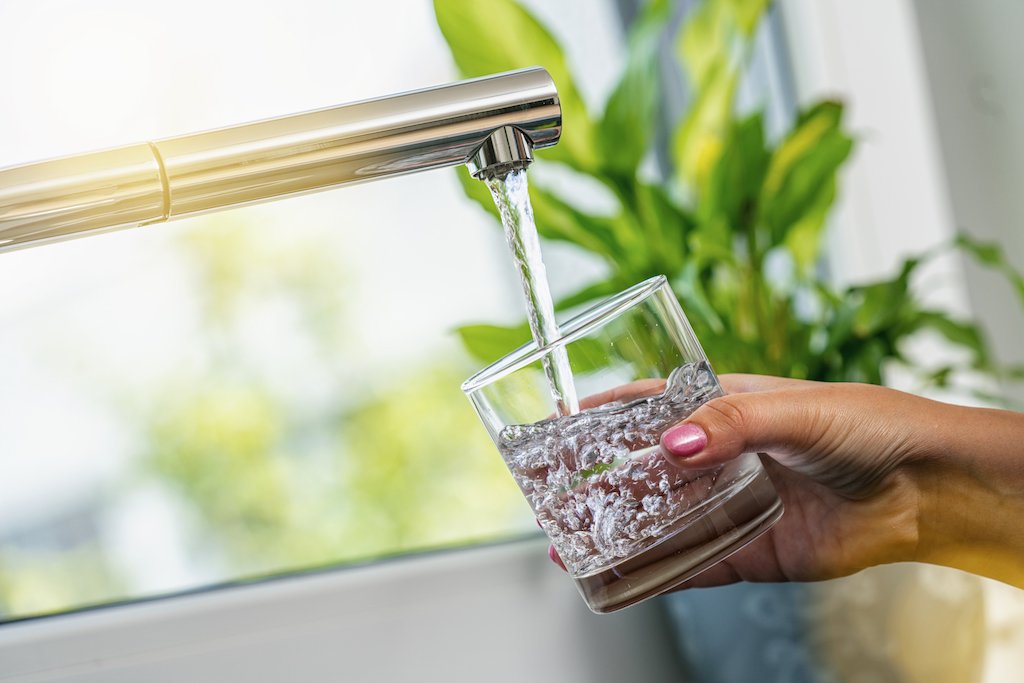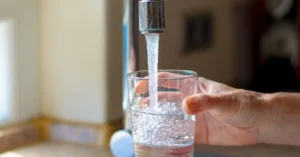Tap water is a vital resource for every household, yet it can carry hidden risks that compromise your health. Contaminants, aging pipelines, and environmental factors can affect its quality. Understanding these concerns and performing regular tap water testing can ensure your family drinks safe, clean water. Whether you rely on municipal water or well water, knowing what’s in your water is the first step toward addressing potential problems. Let’s explore the top five concerns about tap water and why regular water testing is a must.
1. Contaminants in Tap Water
Tap water may contain harmful contaminants like lead, pesticides, chlorine, bacteria, and heavy metals. These contaminants can infiltrate the water supply due to outdated infrastructure or agricultural runoff. A drinkable water test can help identify any harmful substances and provide clarity about your water’s quality. By opting for a water analysis test, you ensure your family is protected against these invisible dangers.
2. Lead in Water
One of the top concerns about tap water is the potential presence of lead. Aging infrastructure and outdated plumbing systems, including lead water pipes, can introduce lead into tap water. Lead exposure poses significant health risks, especially to children and pregnant women, as it can impact brain development, cause learning disabilities, and lead to other severe health problems. Regular tap water testing and home water testing are critical to identifying lead contamination and ensuring your water is safe. If you’re in areas with older plumbing, like Cleveland or other parts of Ohio, it’s essential to prioritize a drinkable water test to safeguard your family’s health.
3. Poor Taste and Odor
Have you ever noticed an odd smell or taste in your tap water? This could be caused by high levels of chlorine, sulfur, or organic matter. While the water may be treated to eliminate bacteria, the residual chemicals can lead to unpleasant taste and odor. Conducting tap water testing with a water testing lab near me can pinpoint the source of these issues, helping you improve your water’s taste and odor.
4. Hard Water and Mineral Build-up
Hard water, caused by high levels of calcium and magnesium, can damage plumbing, reduce the lifespan of appliances, and leave spots on dishes. It can also dry out your skin and hair. Home water testing or a water quality analysis can determine if you have hard water and recommend the best filtration solutions to soften your water supply.
5. Bacteria and Microorganisms
Bacteria, viruses, and microorganisms in your water can pose serious health risks, especially for children and the elderly. Whether your water comes from a city supply or well water, it’s crucial to test for harmful bacteria that may cause diseases like E. coli or Giardia infections. A test for water ensures your water is free from microbial contamination.
Uncertainty About Water Quality?
Even if your water looks clean, it may still harbor harmful contaminants. Many households lack access to reliable water quality information. For peace of mind, conducting regular tap water testing with a certified water testing lab near me can ensure your water meets safety standards. Professionals provide a thorough water quality analysis to identify impurities and help you take the necessary steps to address them.
Why Regular Water Testing is Crucial
Regular water testing helps you identify potential risks and ensures that your water is safe for consumption. Whether it’s for tap water testing, well water, or even treated municipal water, testing provides insights into the quality and safety of your water. Protect your home with timely home water testing and enjoy the peace of mind that comes with knowing your water is clean and safe.
Don’t wait for water quality concerns to affect your health. Schedule your water analysis test today! If you’re looking for reliable water testing services, find a trusted water testing lab near me and secure safe, drinkable water for your family.
For more information see the Environmental Protection Agency (EPA)





